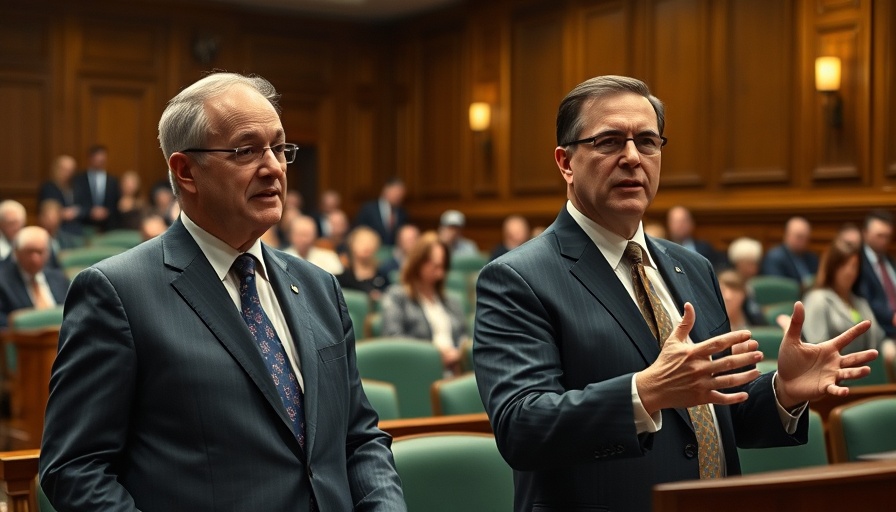
Steering Debate Heats Up in Washington's Collision Industry
The Washington collision industry is currently embroiled in a heated debate regarding proposed changes to claims handling regulations, which many professionals warn may inadvertently promote steering practices by insurance companies. According to industry leaders, the newly released draft from the Washington Office of the Insurance Commissioner (OIC) contains clauses that could pressure consumers into using specific repair facilities, potentially compromising safety and quality.
Definitions of Competence: A Double-Edged Sword
At the heart of the discussion is the recent definition of a 'competent' vehicle repair person included in the regulatory changes. Justin Lewis, president of the Washington Independent Collision Repair Association (WICRA), expressed concerns that insurers may exploit this terminology to favor Direct Repair Program (DRP) shops contracted with them. Under such agreements, these facilities often prioritize cost reductions over adherence to proper repair standards, raising alarms about consumer safety.
The Illusion of Choice: Consumer Rights Under Threat
Many collision industry experts argue that insurers provide a misleading sense of choice to consumers while effectively steering them toward DRP shops. Jeff Butler, a licensed public adjuster, pointed out how insurance companies create an illusion of consumer autonomy, when in reality, advertising tactics can intimidate clients away from independent repair facilities. This coercion is especially troubling given that many consumers are unaware of their right to select their own repair shop.
Historical Context: Lessons Unlearned?
This is not the first time steering practices have raised red flags; historical precedents have shown that such practices can lead to anti-competitive conditions. Butler referenced the landmark 1963 case, United States v. Association of Casualty & Surety Companies, which sought to curb steering and price-fixing behaviors in the insurance industry. Although measures exist, the recent regulatory proposals lack sufficient anti-steering protections, a critical gap for consumer safety.
Advocacy for Change: A Call for Stronger Regulations
Both Lewis and Butler advocate for revisions to the language in the rule, emphasizing the need for modernization of Washington's Administrative Code to safeguard consumer rights. They argue the changes should explicitly prevent insurers from coercing clients toward certain repair facilities and ensure that consumers maintain the freedom to choose a repair professional independent of insurance company interests.
As discussions unfold, it remains imperative for Washington's legislative bodies and insurance regulators to prioritize consumer safety and transparency in these regulations. Stronger rules could be a vital step in dismantling steering practices that may compromise not only the quality of repairs but also the safety of drivers on the road.
 Add Row
Add Row  Add
Add 




Write A Comment